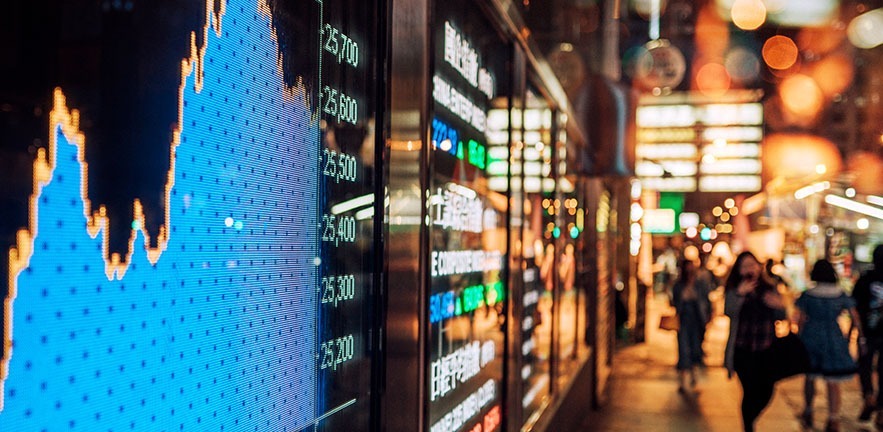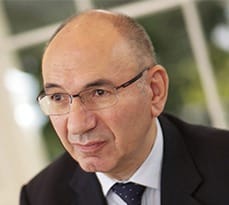Market volatility to COVID-19 crisis second only to 1987 stock market crash over past 120 years.

Stock market volatility during the COVID-19 crisis has been second only to the October 1987 stock market crash over the past 120 years, Professor Elroy Dimson of Cambridge Judge Business School told a webinar “Financial History’s Lessons for Present-Day Investors” organised by the CFA Institute.

Global equity markets over the past three months slumped sharply before recovering strongly; the Standard & Poor’s 500 index fell 8.4 per cent in February and 12.5 per cent in March, followed by a gain of 12.7 per cent in April.
Drawing on a 120-year study of global markets he co-authored, Elroy said that markets tend to return to their historical levels of volatility in a very short time: on average, it has taken 87 trading days from the top spike of volatility to return all the way back to the long-term mean, and only nine trading days to return to the halfway mark.
“It is an astonishingly short period of time if you wanted to be an active investor when you see an opportunity and the market’s very volatile,” said Elroy, Chairman of the Centre for Endowment Asset Management at Cambridge Judge. “There’s barely time to think before volatility has started to decline.”
Elroy emphasised that big upheavals in financial markets have usually been quickly corrected: he pointed to some “remarkable recoveries” even during the Global Depression following the stock market crash of 1929, including six rallies during the 1929-1932 bear market; the January 1975 bounce-back from a “desperate” 1974 caused by the oil-price shock; and a strong rally in 2009 following the financial crisis in 2008.
Elroy’s CFA Institute webinar presentation to global investment professionals was based on historical data in his co-authored comprehensive global review of investment returns in 23 different countries, which now covers 120 years from 1900 through 2019. He updates the study annually with his co-authors Professor Paul Marsh and Dr Mike Staunton of London Business School.
Asked what has been most surprising about the market reaction to the coronavirus pandemic, Elroy said that based on historical data a negative correlation would have been expected between equities and bonds as a result of such a global shock. So the fact that stocks and bonds have generally moved in a similar direction in the past months “has been something of a surprise”.

